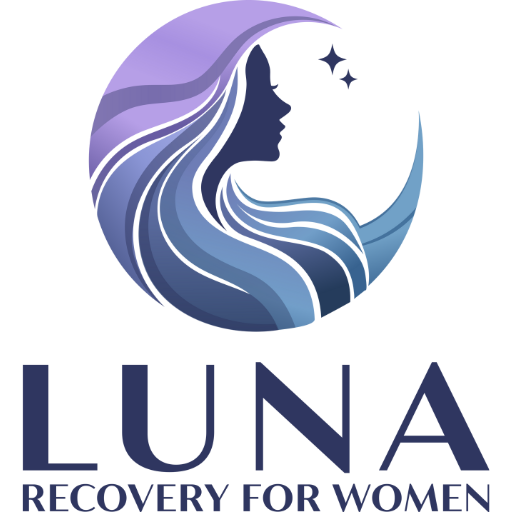Recovering from addiction is an incredibly personal journey—but it’s not one you have to navigate alone. Feelings of loneliness often arise as you transition into a new life, leaving behind familiar routines, environments, and social ties. These emotions can be more than just difficult—they may undermine your progress and threaten your long-term sobriety.
Fortunately, there are healthy, practical ways to combat isolation. No matter where you are in your recovery, here are 13 strategies to help ease loneliness and foster meaningful connections.
13 Ways to Cope With Loneliness

1. Lean Into Support Groups
Recovery communities like Alcoholics Anonymous (AA), Narcotics Anonymous (NA), and SMART Recovery offer vital connection. These peer-led groups provide a nonjudgmental space where you can share your experiences and learn from others. Over time, meetings evolve into a consistent support system filled with empathy, accountability, and friendship.
2. Volunteer Your Time
Giving back is a powerful antidote to loneliness. Whether you’re helping at a local food bank, mentoring others, or supporting a cause you care about, volunteering offers purpose and introduces you to people who value compassion and community.
3. Reconnect With Family
Rebuilding family connections can be a gradual but healing process. A thoughtful phone call, message, or letter can begin the path toward reconciliation. When nurtured with patience, these relationships can become a solid foundation of love and support.
4. Explore Hobbies or Classes
Pursuing a creative interest or learning something new can infuse your life with energy and community. Whether it’s painting, cooking, coding, or dancing, hobbies create opportunities to connect with others in a natural, fulfilling way.
5. Adopt a Pet
The companionship of a pet can be deeply comforting. Animals offer unconditional love, daily structure, and emotional support—qualities that are especially valuable in early recovery.
6. Practice Mindfulness and Meditation
Mindfulness and meditation anchor you in the present and help manage overwhelming emotions. Just a few minutes a day can reduce anxiety and promote a deeper connection with yourself, making it easier to navigate difficult moments of isolation.
7. Seek Professional Support
Therapists and counselors offer a safe space to explore your feelings and develop tools for healthier relationships. If loneliness becomes overwhelming, professional guidance can make a significant difference in your emotional resilience and personal growth.
8. Be Intentional With Social Media
While it can sometimes intensify disconnection, using social media thoughtfully can help you find inspiring voices and recovery-focused communities. Join online forums, follow sobriety advocates, or attend virtual support meetings—just remember to use it in a balanced, mindful way.
9. Attend Sober Social Events
You can absolutely have fun without substances. Explore alcohol-free meetups, art nights, wellness retreats, or local sober gatherings where genuine connection is encouraged and supported.
10. Stay Active
Physical activity elevates mood and reduces stress. Whether it’s yoga, walking, team sports, or lifting weights, movement connects you with others and strengthens your emotional well-being.
11. Journal Regularly
Journaling provides a personal outlet to process emotions, reflect on progress, and cultivate self-awareness. It’s a simple yet powerful way to stay grounded and affirm that your experience matters.
12. Join a Recreational Club or Group
Local clubs—like hiking groups, book clubs, or community sports leagues—are great ways to meet people who share your interests. These low-pressure social environments allow friendships to form naturally around common activities.
13. Create a Consistent Daily Routine
Establishing a regular schedule provides stability and a sense of control, which can ease feelings of uncertainty or isolation. Daily rituals such as morning walks, evening check-ins, or gratitude practices also create space for self-connection and peace.
Need Support in North Andover, MA?

If you’re ready to strengthen your recovery through connection, Luna Recovery for Women is here for you.
Contact us anytime at (855) 943-0472 or info@lunarecoverycenter.com, or visit us at 1270 Turnpike St, North Andover, MA (01845).
Don’t face recovery alone—reach out today and start building the meaningful relationships that can help sustain your healing.
